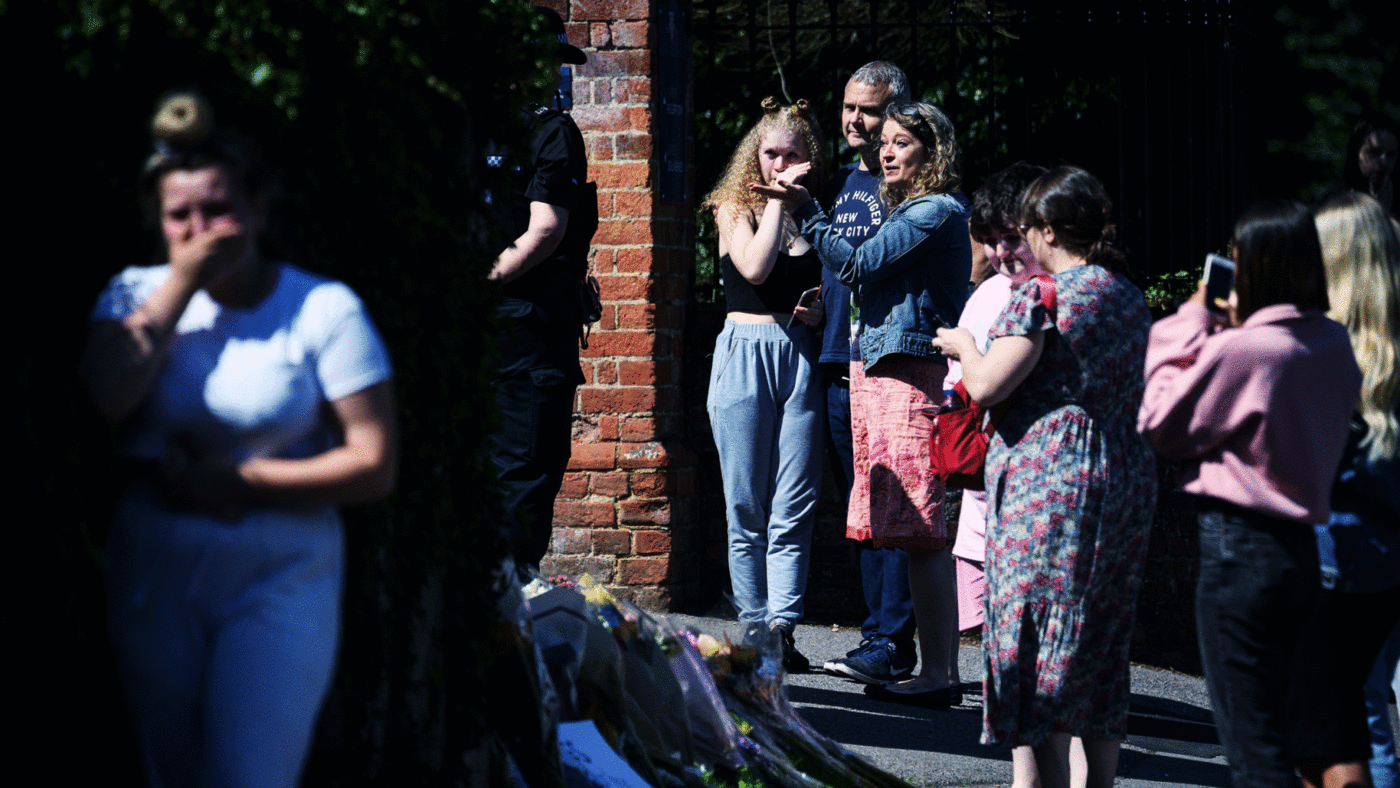These days it’s easy to forget that the virus isn’t the only threat we’re facing. After a long discussion on Covid compliance on Radio 4’s Today programme this morning, the country’s top cop, Dame Cressida Dick, was asked about the threat from that other contagion, violent extremism – still rated as ‘severe,’ in case you didn’t have enough to worry about.
Her response, that we still have “fantastic infrastructure” to detect and combat terror, is unlikely to sit well with the relatives of Joe Ritchie-Bennett, James Furlong and David Wails – who were stabbed to death in a park in Reading last June by Khairi Saadallah. Their killer was sentenced yesterday at the Old Bailey.
Saadallah was a combat-experienced Libyan asylum seeker who fought for a proscribed Islamist group prior to fleeing to the UK in 2012. On arrival here he committed numerous offences, including assaults on police officers and emergency workers, and possession of knives. His lifestyle was chaotic, involving drug and alcohol misuse and substantial input from mental health services.
On the night before the attack he was visited in his Reading flat by police concerned about his welfare. The knife he used to kill the next day was in a bag on the floor behind him. In case there weren’t already enough clues about his capacity for violence, MI5 had a file on him. He was also reportedly referred to the Home Office’s counter-extremism Prevent service, but they took no formal action because his ideology was deemed ‘unclear.’ During his time in prison he was observed to be closely associated with a radical Islamist preacher and propagandist convicted of terrorist glorification offences. Sixteen days after his release he struck while under the notional supervision of our probation service.
That’s a lot of infrastructure gaps to fall straight through. An alphabet soup of agencies that failed to detect and deflect Saadallah’s murderous descent. Accountability is lost once more in a fog of organisational, jurisdiction and official helplessness. We have been here before. If we don’t radically reform how we detect and manage extremism, here we will return.
There are those who say that cases like Saadallah’s are impossible to predict without resources and laws that would be wholly disproportionate to the threat posed and unnecessarily impinge on our civil liberties. Others contend, with some justification, that importing psychologically scarred young people from foreign war zones, isolating them in poor accommodation with little legal help and leaving attempts at integration to under-resourced charities, will inevitably lead to bad outcomes. Fair points.
But we must be clear – the court rejected a defence of insanity – Saadallah knew what he was doing when he executed three innocent people at random as they enjoyed a summer’s evening in the park. He tried to murder three more – it was only sheer luck and the bravery of police officers that prevented this attack from being mass murder on a stunning scale.
Institutional failures to anticipate and manage the risk of such people are piling up. The cases of Usman Khan and Sudesh Amman, released from prison to launch murderous attacks at London Bridge and Streatham respectively, prove we must fundamentally reform the way known violent extremists are assessed, and be far better at spotting deception.
Saadallah was not imprisoned for extremism, but it defies belief that, given his antecedents, he should not have been more closely supervised and supported while in jail and on release. It is not enough to rely on the convenient distractions of mental illness, or the fact that an unstable proto-jihadist in the care of the state could not be identified as a risk because he had the wrong sentence. The dead are still as dead, and future fanatics are still slowly being formed in our criminal justice system. Is this really as good as we can get?
With Saadallah, we will have to rely on the inquest for more answers, and hope that the right questions about whether this attack was preventable are asked. It seems the only likely way that the grieving relatives of Joe Ritchie-Bennett, James Furlong and David Wails will get to the truth about their deaths.
The pandemic has distracted governments across the globe as the race to vaccinate our way out of the crisis continues. In the meantime, trapped, isolated and vulnerable people paralysed by insecurity are succumbing to online radicalisation across the political spectrum. If we can’t get better at spotting extremist pathologies like Saadallah’s, hiding in plain sight, we need to explain to the public that there is an acceptable level of terrorism and it looks like a park full of dead and bleeding citizens.
Click here to subscribe to our daily briefing – the best pieces from CapX and across the web.
CapX depends on the generosity of its readers. If you value what we do, please consider making a donation.


